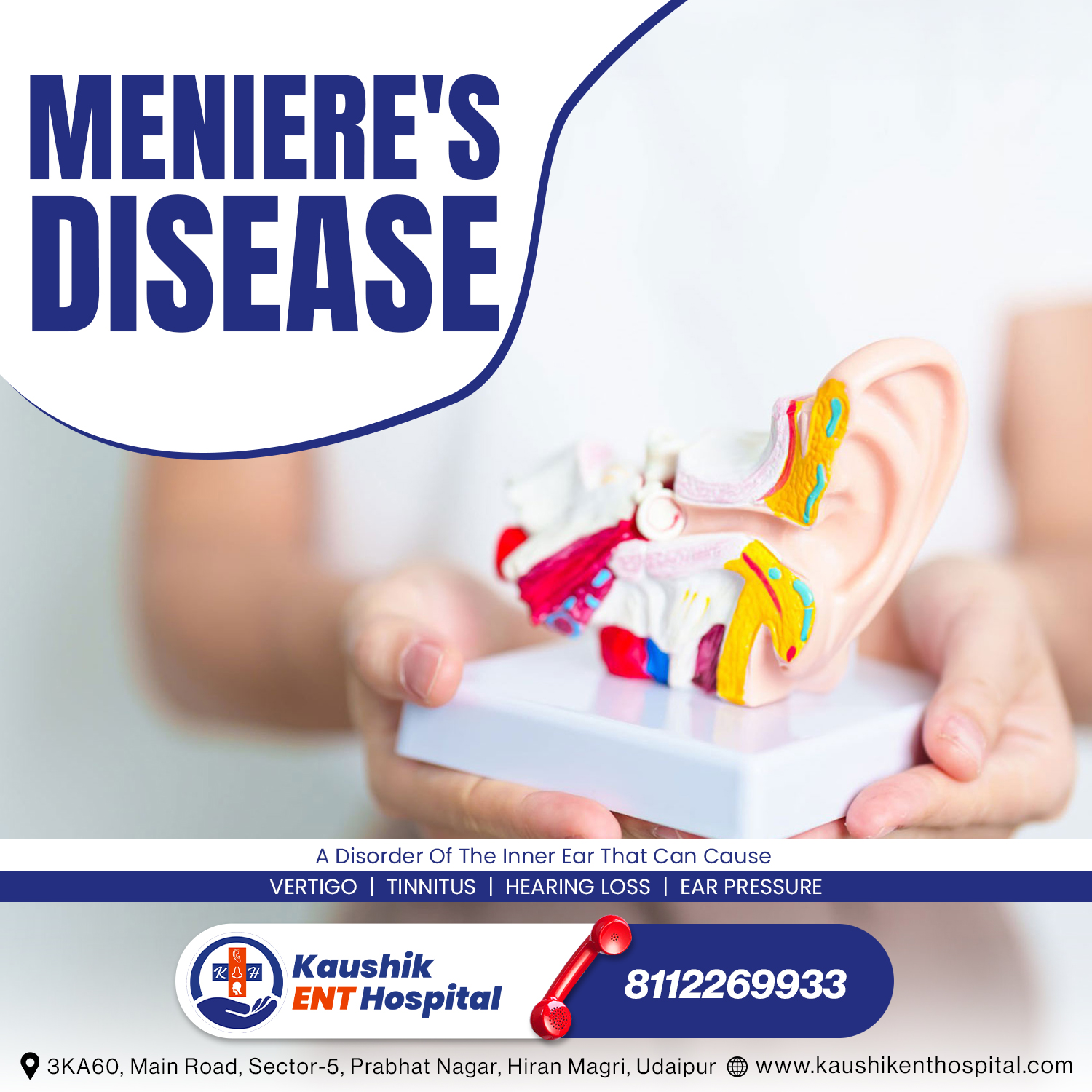What is Migraine Disease ?
Migraine disease is a chronic neurological condition characterized by recurring, severe headaches often accompanied by a range of other symptoms. These headaches can significantly affect daily life and are more than just a typical headache. Migraines are often debilitating and can impact an individual’s ability to perform everyday tasks.
Symptoms of Migraines
- Severe Headache: Typically, a throbbing or pulsing pain on one side of the head, though it can affect both sides.
- Nausea and Vomiting: Commonly accompany the headache.
- Sensitivity to Light (Photophobia): Bright lights can worsen symptoms.
- Sensitivity to Sound (Phonophobia): Loud noises can be bothersome.
- Aura: Some individuals experience visual disturbances such as flashing lights or blind spots before the headache starts.
- Dizziness or Lightheadedness: May occur during a migraine attack.
Triggers of Migraines
- Stress: Emotional or physical stress is a common trigger.
- Hormonal Changes: Fluctuations in hormones, such as during menstruation or menopause, can trigger migraines.
- Certain Foods and Drinks: Aged cheeses, caffeine, alcohol, and foods with additives like MSG can be triggers.
- Sleep Patterns: Irregular sleep or lack of sleep can trigger migraines.
- Weather Changes: Changes in weather or barometric pressure can affect some people.
- Bright or Flickering Lights: Exposure to bright or flickering lights can provoke migraines.
- Strong Smells: Perfumes, strong odors, or fumes can be triggers.
Ways to Avoid Migraines
- Manage Stress: Practice stress-reducing techniques such as mindfulness, yoga, or meditation.
- Maintain Regular Sleep Patterns: Aim for a consistent sleep schedule to prevent sleep-related triggers.
- Monitor Diet: Keep track of foods and drinks that may trigger migraines and avoid them.
- Stay Hydrated: Drink plenty of water throughout the day.
- Exercise Regularly: Regular physical activity can help reduce the frequency of migraines.
- Avoid Known Triggers: Identify and avoid specific triggers that you have noticed in your migraine patterns.
- Maintain a Migraine Diary: Track your migraine attacks, potential triggers, and symptoms to identify patterns and manage them better.
Treatments for Migraines
Effective migraine management involves a combination of medications, lifestyle adjustments, and alternative therapies. Here are common treatments for migraines:
Medications
- Pain Relievers:
- Over-the-Counter (OTC): Nonsteroidal anti-inflammatory drugs (NSAIDs) like ibuprofen or aspirin.
- Acetaminophen: Another option for relieving mild to moderate migraine pain.
- Triptans:
- Purpose: Specific medications like sumatriptan, rizatriptan, and zolmitriptan designed to treat migraines.
- Function: Work by constricting blood vessels in the brain and blocking pain pathways.
- Preventive Medications:
- Antidepressants: Such as amitriptyline.
- Anticonvulsants: Including topiramate and valproic acid.
- Beta-Blockers: Like propranolol.
- Calcium Channel Blockers: Such as verapamil.
- Purpose: Taken daily to reduce the frequency and severity of migraines.
Lifestyle Changes
- Diet and Hydration:
- Avoid Triggers: Identify and avoid foods or drinks that trigger migraines (e.g., caffeine, alcohol).
- Stay Hydrated: Drink plenty of water throughout the day.
- Sleep Patterns:
- Consistency: Maintain a regular sleep schedule to prevent migraines triggered by sleep disturbances.
- Stress Management:
- Techniques: Practice stress-reducing activities such as meditation, yoga, or deep-breathing exercises.
- Regular Exercise:
- Routine: Engage in regular physical activity to help reduce migraine frequency.
Alternative Therapies
- Acupuncture:
- Description: Involves inserting thin needles into specific points on the body to help alleviate migraine symptoms.
- Biofeedback:
- Purpose: Teaches control over physiological functions to reduce migraine frequency and intensity.
- Cognitive Behavioral Therapy (CBT):
- Approach: Helps manage stress and develop coping strategies to reduce migraine triggers.
Behavioral and Self-Care Strategies
- Migraine Diary:
- Tracking: Maintain a diary to identify patterns and triggers associated with migraine attacks.
- Environmental Adjustments:
- Avoid Triggers: Reduce exposure to bright lights, loud noises, and strong odors that can precipitate migraines.
Why Choose Kaushik ENT Hospital in Udaipur?
Kaushik ENT Hospital in Udaipur stands out for its exceptional care in treating a wide range of ENT conditions. Renowned for its advanced technology and state-of-the-art facilities, the hospital offers high-quality treatment for conditions such as thyroid disorders, ear infections, and sinus issues. Dr. Shiv Shanker Kaushik, a leading ENT specialist with extensive experience, provides expert care, ensuring personalized and effective treatment plans.
The hospital’s commitment to patient care is reflected in its comprehensive diagnostic services and minimally invasive surgical techniques, which prioritize patient comfort and recovery. With a focus on both advanced medical care and compassionate service, Kaushik ENT Hospital provides a supportive environment for patients. Its reputation for excellence and dedication to cutting-edge treatment make it a top choice for those seeking reliable ENT care in Udaipur.




Leave A Comment